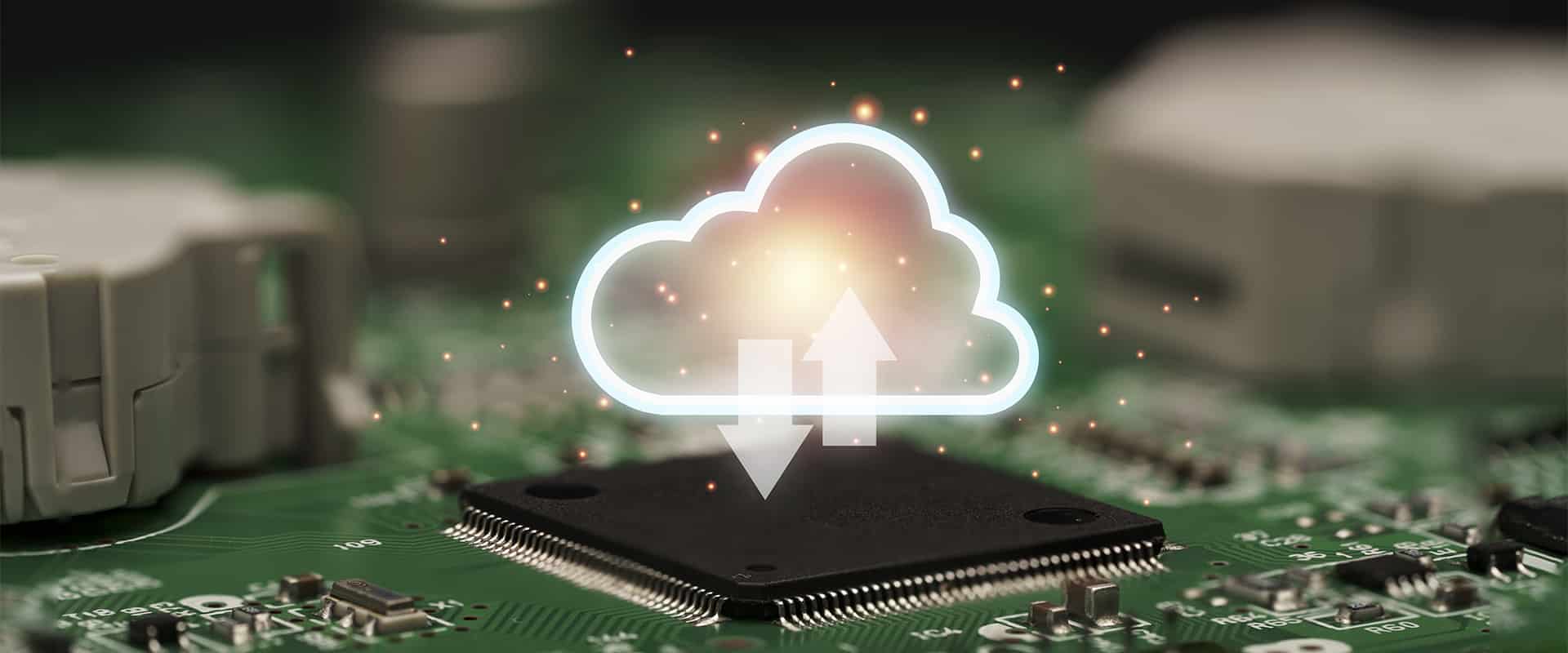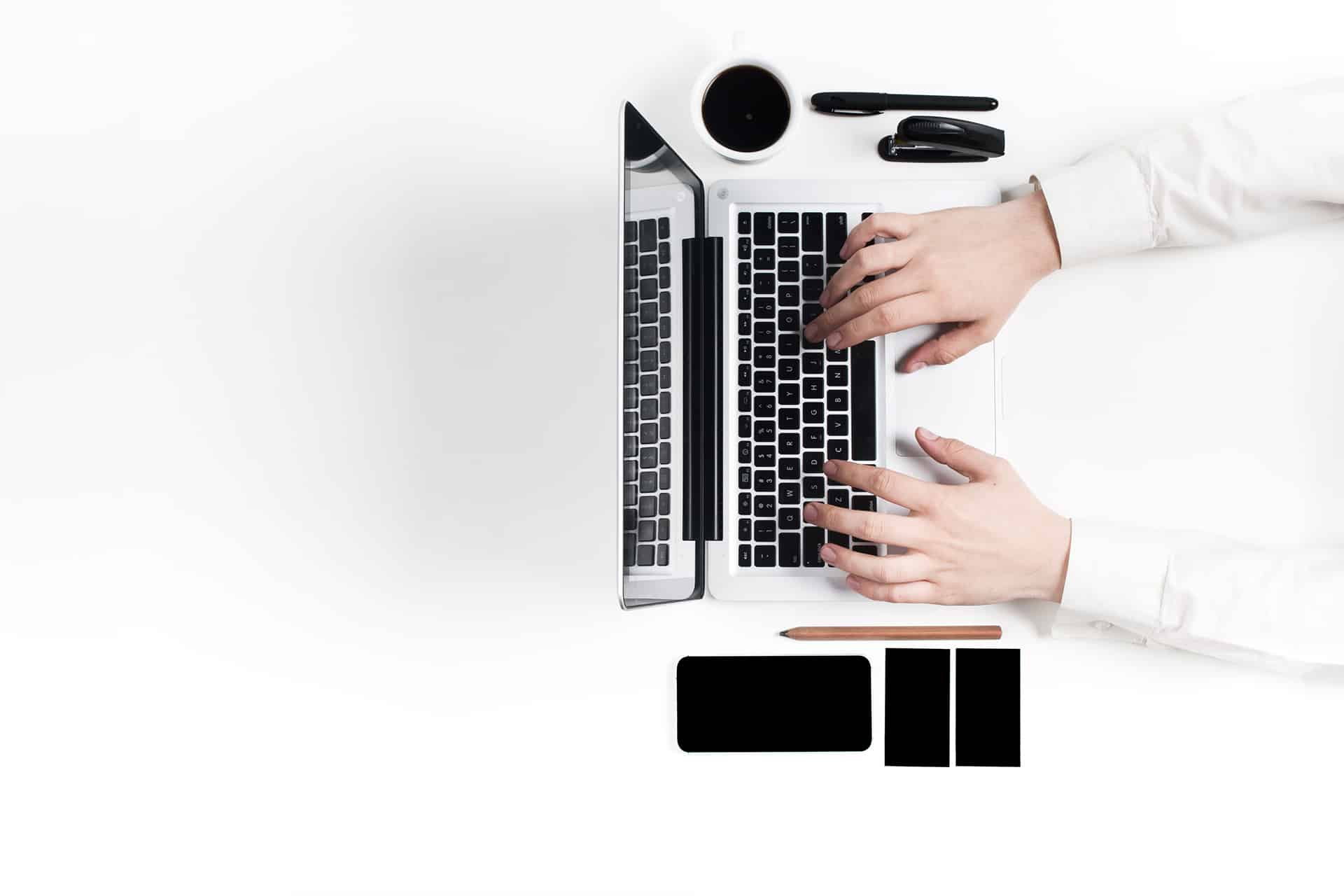Computer & electronic recycling in Rivière-des-Prairies
You need to replace your computer hardware at some point if you want to keep it for a long time. It’s also crucial to take care of your old devices if you’re buying a new one. While managing IT waste can be tedious, it’s certainly no secret. Recycling is preferable to simply disposing of computer waste. It is not prudent to treat them in the same way as other waste and they cannot be thrown in the trash. Do you live near Rivière-des-Prairies and want to get rid of your old computer equipment? Follow our article throughout which we will help you step by step.
Recycling, an ecological gesture
Computer hardware includes a large amount of harmful materials that can have a negative impact on the environment. The computer contains several, including lead, copper and mercury which are just as dangerous. Lead, copper and mercury, among others, are present in computers and contribute to environmental pollution. Outside of the computer, these materials are harmful in several ways. Mercury is a health hazard, for example. Lead is harmful to plants, animals and some microorganisms. Copper, which is released into the environment, is also harmful to the ecosystem.
If these materials are properly processed, they can be reused in the design of new electronic devices, saving significant economic and energy costs during production. Do you live near Rivière-des-Prairies? You can have all your computer equipment recycled without leaving your home.
Recycling services available in the city of Rivière-des-Prairies

Our service ensures the electronic recycling of your electronic waste in order to treat it appropriately.
Motherboard
All the essential components of the PC, such as the internal hard drive, RAM, sound card and video card, are connected to the motherboard. It is a printed circuit board and also accepts inputs from peripherals such as keyboards, mice, and displays. Since the motherboard is essentially the heart of the computer, it is also crucial for the flow of data and electrical current.
To ensure the flow of data and electricity, the motherboard tracks are made from recyclable conductive materials such as gold. The motherboard can also be recycled in its entirety.
Pci
An expansion card connects to the motherboard via a PCI card. The PCI card is a multi-socket connection for additional computer hardware. For example, you can connect a WIFI device or a few extra RAM keys to upgrade your PC on a laptop.
The PCI card is small and durable. You can recycle or repair it before building a new computer if the component is obsolete or non-repairable. Recycling materials can be recovered in the event that the component is obsolete or non-repairable.
RAM and Hard Drive
RAM (Random Access Memory) allows the processor to run programs quickly. RAM resembles the PC’s “short-term” memory, as data is stored there for a short time. The data is stored on the hard disk in ROM (Read Only Memory).
“Long-term” memory stores data for a long time so that it is permanently saved. When a hard drive is processed, it is destroyed in order to guarantee the confidentiality of the data it contains.
Processor
The CPU, or central processing unit, is responsible for ensuring all data exchange and processing. Without it, the PC cannot function, because no function can be performed. Launched applications issue commands to which the CPU obeys.
To be efficient, the CPU may have one or more cores. A program executed by a core is executed independently. As the more cores a processor has, the more powerful the computer, the processor is recycled by processing its materials in order to limit its negative impact on the environment.
Recycling of computer equipment in three steps
The recycling of computers goes through three phases:
- Sorting;
- Repackaging;
- Treatment.
The procedure for sorting computer devices between those that are still functional and those that have been discarded is called reconditioning.
When a computer is refurbished, its parts are assembled to access components that can be refurbished. Refurbished devices are those that are marketed after being created from recycled components and elements, and they are assembled into a complete PC.
Materials such as aluminum or copper are recycled at this stage in order to create new resources for other industries. Treatment is reserved for completely faulty devices or obsolete components.


